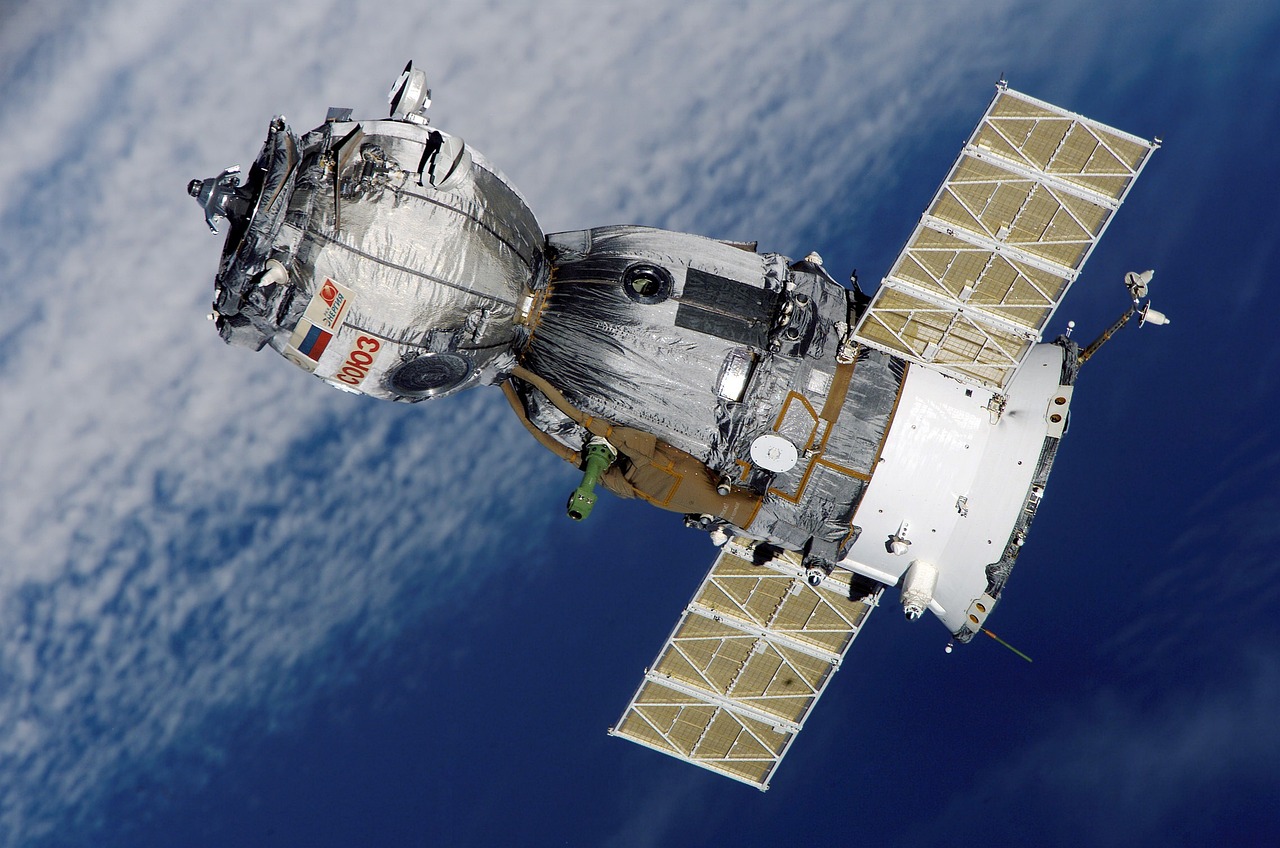Discovering the Intricacies of Space Tourism: A New Frontier in Travel and Transportation
Space tourism, once a concept restricted to the realms of science fiction, is now an exciting reality. This emerging trend is revolutionizing the way we perceive travel and transportation, opening up an entirely new world (or rather, universe) of possibilities. But what exactly does space tourism entail, and how is it shaping the travel industry?

Delving into the Cosmos: A Brief History of Space Tourism
The idea of space tourism was first conceived during the 1960s space race between the United States and the Soviet Union. However, it wasn’t until the turn of the century that space tourism became a feasible concept. In 2001, Dennis Tito, a multimillionaire entrepreneur, made history as the first space tourist, paying a staggering $20 million for a one-week trip to the International Space Station (ISS). This groundbreaking event marked the start of a new era in travel.
The Present-Day Scenario: A Snapshot of Current Trends in Space Tourism
In recent years, space tourism has gained considerable momentum. Companies like SpaceX, Blue Origin, and Virgin Galactic are leading the charge, developing reusable spacecraft designed for short suborbital flights. Notable milestones include SpaceX’s successful launch of two civilians into orbit in 2021 and Virgin Galactic’s maiden passenger flight, which saw Richard Branson, the company’s founder, journey into space.
Venturing into the Unknown: The Pros and Cons of Space Travel
Space tourism presents a potentially transformative opportunity for adventurous travelers. It offers an unrivaled thrill, the chance to view our planet from an entirely new perspective, and the prestige of joining an exclusive group of space travelers.
However, it is not without its challenges. The cost, for one, is prohibitively high, making space travel inaccessible to most people. Additionally, there are significant safety and health concerns, including the effects of radiation and the potential for accidents during launch or reentry.
The Future of Space Tourism: Potential Impact and Implications
Despite these challenges, experts believe that space tourism holds immense potential. It could stimulate scientific research, drive technological innovation, and generate significant revenue. However, it also raises ethical and environmental concerns, such as the potential for space debris and the impact on Earth’s atmosphere.
Fasten Your Seatbelt: Insights into Space Travel
- Space travel can result in a phenomenon known as the “overview effect,” a cognitive shift in awareness reported by some astronauts during spaceflight.
- The training for space travel is rigorous and can last for several months. It includes physical training, technical training, and simulations of space missions.
- Currently, suborbital flights, which reach the edge of space before returning to Earth, are the most feasible form of space tourism.
- The cost of a ticket to space is currently in the millions of dollars, but companies are hoping to bring it down to the price of a luxury car in the future.
- Some experts believe that space hotels could be the next big thing in space tourism, with several companies already working on designs.
In conclusion, space tourism is a fascinating development that is reshaping the contours of the travel and transportation industry. Although it is currently only accessible to a select few, ongoing advancements could make space travel a more commonplace experience in the future. As we continue to push the boundaries of human exploration, one thing is clear: the final frontier may be closer than we think.




